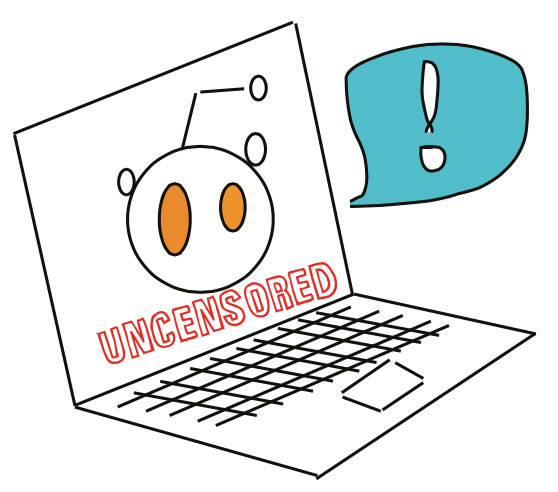Homeless people deserve their privacy online just like everybody else
With protests concerning Bill C-51 mounting across the country, the question of privacy—especially online privacy—is on the tip of everybody’s tongue. High-profile cases have awoken public sympathy for those whose explicit photographs have been leaked online.
Last week, Concordia University students sat in the cold for five days to raise money and awareness for the plight of the homeless. In addition, the plight of Aboriginal women made it all the way to the House of Commons, with Justin Trudeau vowing to start an inquiry into violence and crime against Aboriginal women should he be elected.

Yet, here we are—with a picture of a homeless, Aboriginal Montreal woman, receiving oral sex, on the front page of reddit with over half a million views on imgur. It can even be found on the homepage of MTL Blog, where the author writes that “no fvcks were given” by the couple, who they claim were “more or less unperturbed to so publicly play in the sandbox” and take “mouth music to a whole new level.”
The picture, clearly taken in Place-des-Arts metro, clearly shows a (well-known) Aboriginal homeless woman, receiving oral sex by a man whose face isn’t shown. Despite MTL Blog’s description, her face is turned towards the camera in surprise.
Why is this particular instance considered “okay”? Maybe because it was in a public space: they are, clearly, on the floor of Place-des-Arts metro. In that sense, if you are in a public space, are you asking to get your picture taken and shared online? Everyone can probably agree that one should generally not be performing sexual acts in the metro. But does that warrant your face being plastered over the Internet, unblurred and uncensored?
Homeless women are already a vulnerable group in society and Aboriginal women face some of the highest levels of violence in the country. Does the photographer understand the potential danger he or she has opened this woman up to? Why did they think, upon seeing this act-in-progress, that taking a picture was the appropriate course of action? Why not call security? Why not walk away?
Already, people online are identifying her and announcing her usual locations:
“They usually are quite drunk/high asking for money near the exit for Uqam University,” writes one reddit commentator. “Is she the one usually at atwater? I see her there all the time!” writes another. One comment reads: “I’ve [sic] seen this woman many times in the metro. She tried to spit on me and my friends once. Now she’s being spat on.”
If the two people in question weren’t clearly homeless, would the picture have even been taken? If the circumstances were different, would their identities have been deemed worth protecting? If we were more concerned about getting them off the street, instead of what they’re doing when they’re there, would this even be something worth discussing?
We concede that this should not happen in the metro, but this picture should also never have been taken. It should never have been shared, especially not uncensored, for entertainment purposes.
There’s always an appropriate response, but public and online shaming is never it.




boo hoo cry me a river